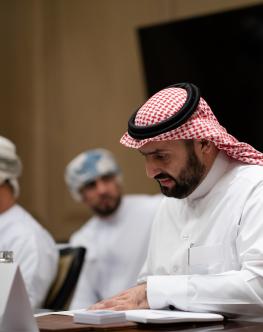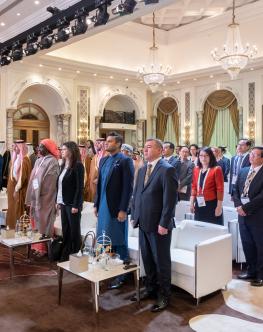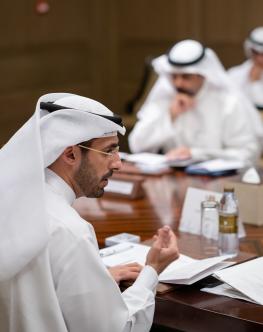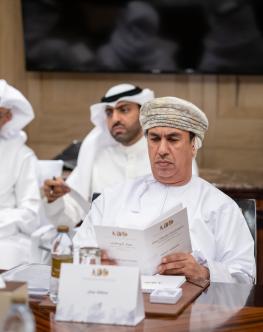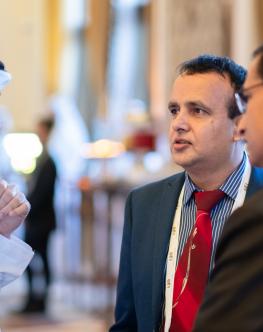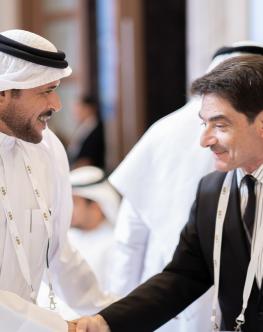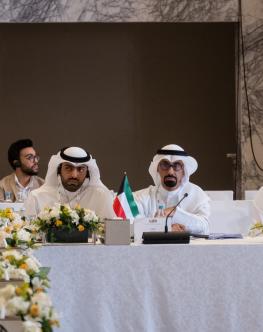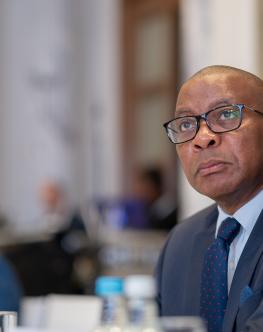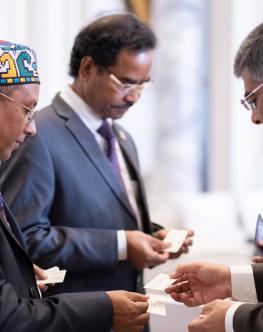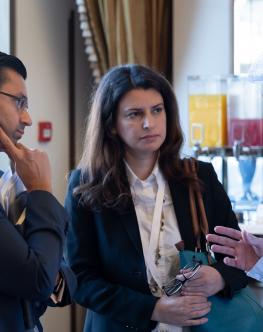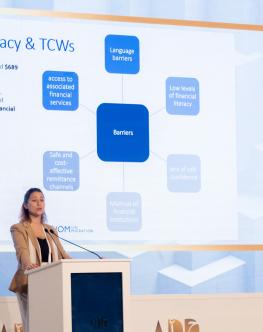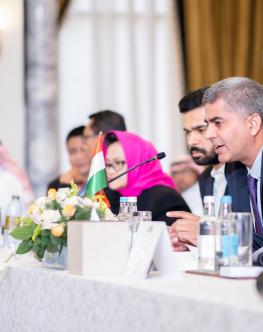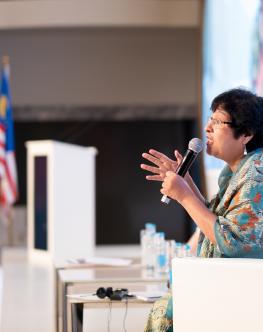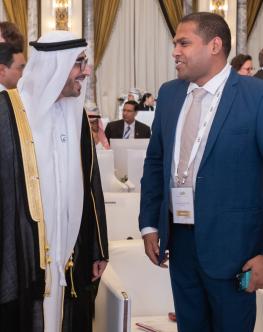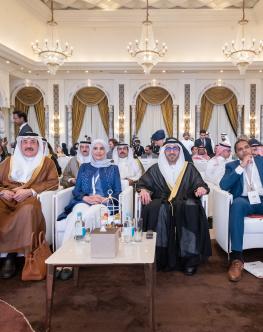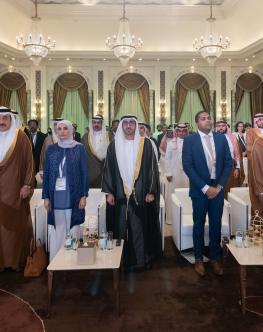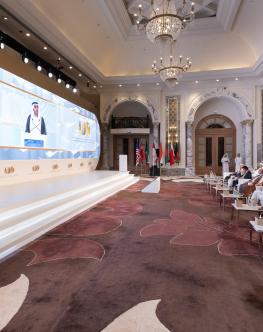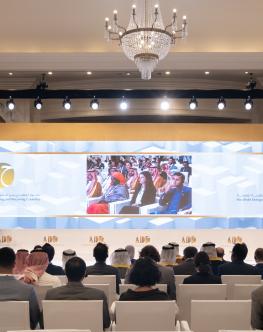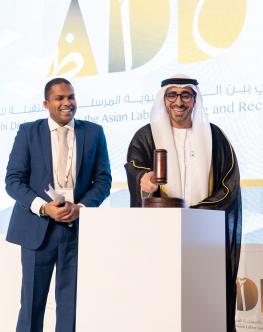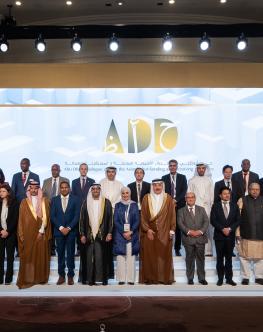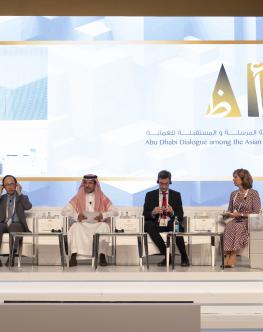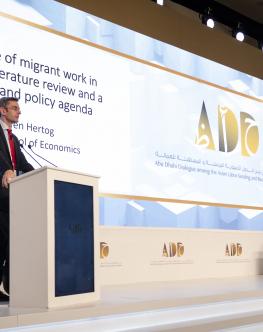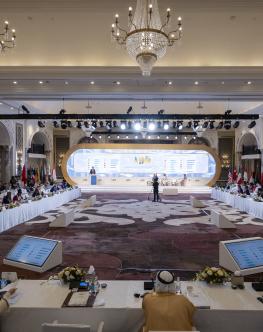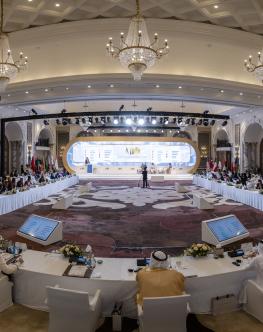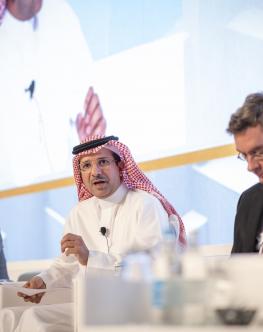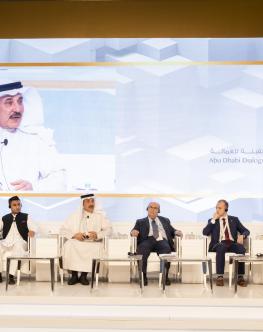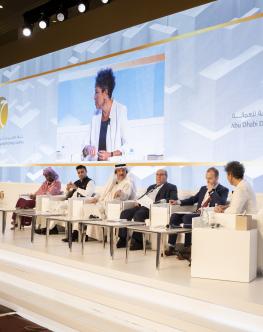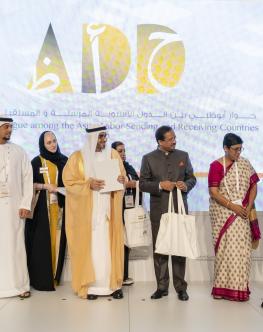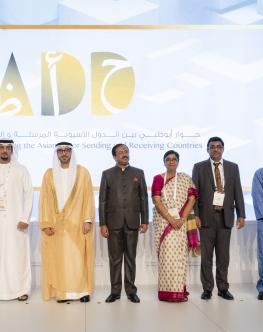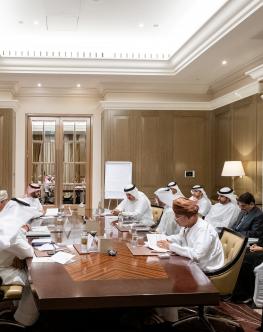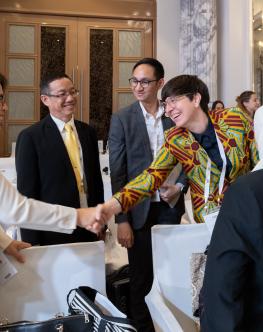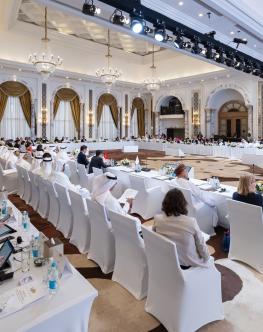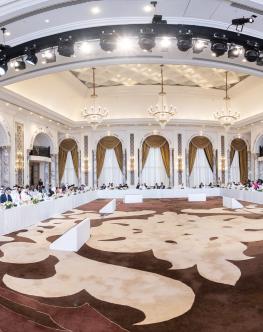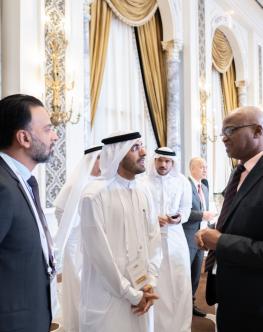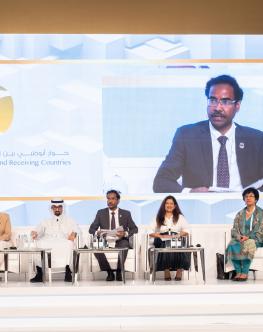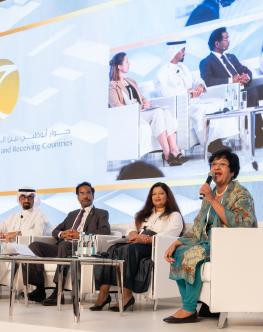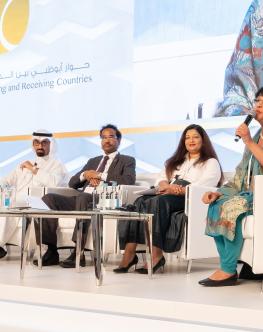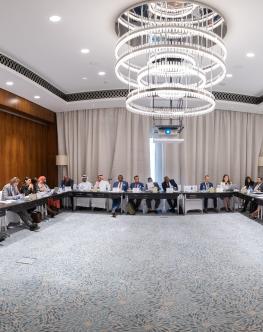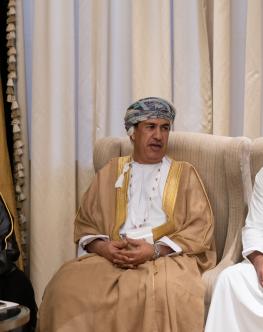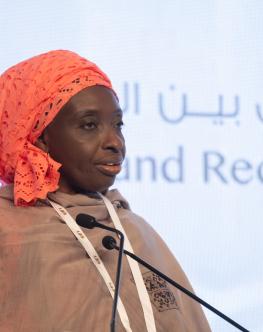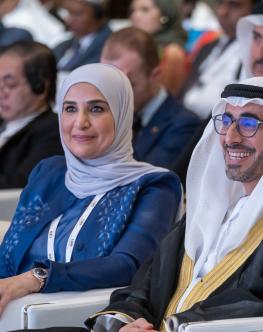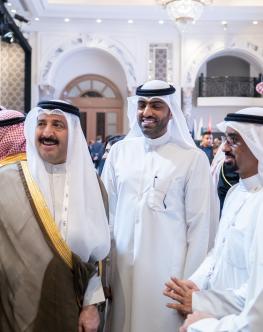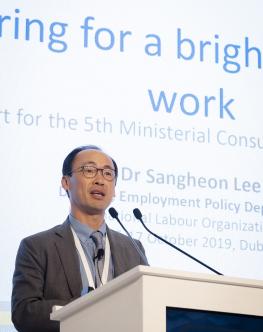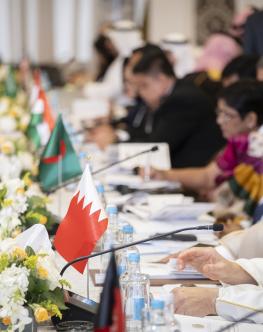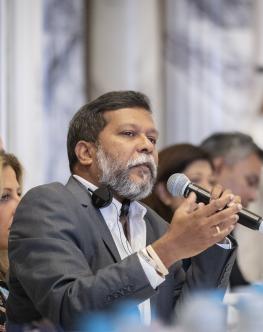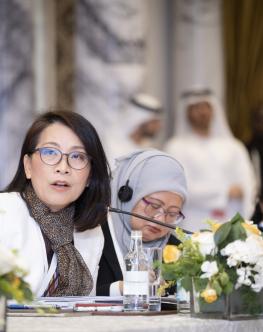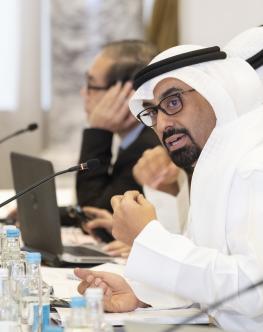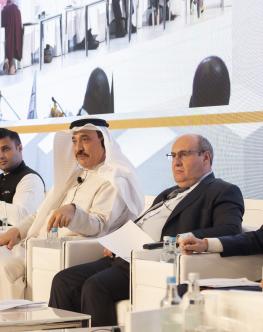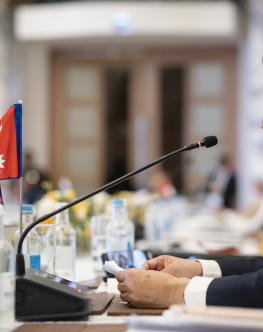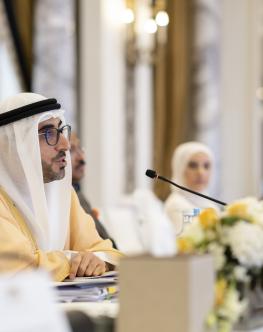Abu Dhabi Dialogue
News
Ministers Launch Regional Skills Partnership to Meet Future of Work Challenges

17
Oct. 2019
Ministers from across the GCC and Asia agreed on Thursday to launch a new regional skills partnership to equip countries to meet challenges posed by new technologies and automation.
The agreement to establish the Future Skills Partnership came in the concluding session of a Ministerial Consultation of the Abu Dhabi Dialogue, meeting in Dubai, after the UAE’s Minister of Human Resources and Emiratisation warned on Wednesday that countries face an increasingly competitive race to attract high skilled workers.
The Future Skills Partnership will invite voluntary participation by Member States of the Abu Dhabi Dialogue – which includes both GCC and Asian labour sending countries – alongside the private sector, international organisations, not-for-profits and academia to play a role in exploring innovative approaches to identifying and attracting the skills needed for employment in jobs created by the ‘Fourth Industrial Revolution.’
The Future Skills Partnership will help to identify forward-looking information on labour market needs in GCC countries, anticipate future skills requirements, and help develop policy proposals for meeting demand.
Backing the partnership, H.E. Nasser bin Thani Juma Al Hamli, Minister of Human Resources and Emiratisation said, “We know that the future of work will prove disruptive for many labour markets, and there will be both challenges and opportunities for workers and employers. But a lot of the information we currently have at our disposal is not specific to our region.
“The Future Skills Partnership will help us to understand better what the challenges and opportunities are for Gulf and Asian countries specifically, and how we can work together to set the right priorities. I am delighted that we have managed to achieve agreement among Ministers to launch this initiative.”
Dr Steffen Hertog, Associate Professor at the London School of Economics, who led a project to review what information is currently available on the future of work in the Gulf region, commented.
He said, “There are a number of areas where we need to better understand how the labour market is likely to adapt to technology and automation. For example, the cost of labour in different professions relative to the cost of technology, social attitudes to the automation of domestic work, and demographic trends.”
The Future Skills Partnership will build on initiatives already underway under the Abu Dhabi Dialogue. Most models predict, for example, an increasing need in Gulf States for trained and certified care workers, as the population ages and the birth rate slows. Abu Dhabi’s Quality and Care Commission (QCC) has responded by developing competency standards for care workers, to ensure employer confidence in the abilities of carers to look after elderly relatives.
Likewise, with India signalling its intent to train 500 million workers, the UAE and Indian governments have signed an agreement under the umbrella of the Abu Dhabi Dialogue to recognise Indian-issued training certificates, and match them with certificates issued by QCC.
Ministers attending the Abu Dhabi Dialogue also discussed other key programmes under development, including the implementation of a programme to improve the cultural and legal information provided to newly arrived workers in the UAE and Saudi Arabia, and IT integration between the UAE and India to streamline the recruitment of workers.
Ministers also debated and approved measures to strengthen inter-regional and global cooperation.
Founded in 2008, the Abu Dhabi Dialogue brings together sixteen governments from GCC and Asian labour sending countries to discuss the governance of temporary workers. The UAE took up the two-year Chairmanship on Wednesday, taking over from Sri Lanka, which has served as Chair since 2017.
Media
Gallery
Abu Dhabi Dialogue 2018 © Copyrights

